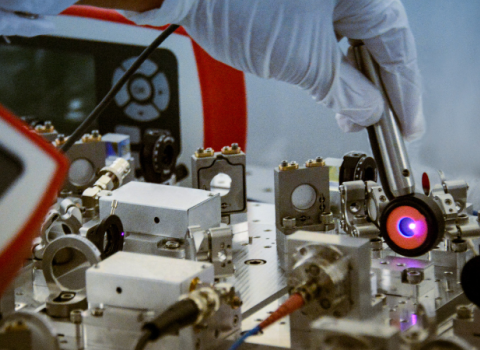The companies were based in Aalto University's research. Each of these companies strives to solve major, global problems.
More than a decade ago, Aalto University students began challenging the idea of traditional entrepreneurship. The university took up the challenge and decided to support the students. Passionate students and a free warehouse as a workspace revolutionised how entrepreneurship was seen in Finland.
As a result, the largest and most active student-led entrepreneurship community in Europe, Aalto Entrepreneurship Society (Aaltoes), was formed around the university , and it strives to be the best community in the world. One by one, Aaltoes has solved the problems startups often face. Many well-known concepts come from their activities: Slush, Startup Sauna and Junction.
Aalto University’s diverse and energetic ecosystem consists of both student-led and university-run entrepreneurial activities.
Research-based entrepreneurship solves global problems
Aalto University brings six startups based on university research to this year's Slush. Each of these companies strives to solve major, global problems. This year, the startup companies are introduced through what if questions.
What if a software could foster world peace?
Inforglobe offers a new solution in the form of participatory software that will make sure that everyone can be engaged and have their voice heard in planning and decision making.
What if quantum computing could cut all car pollution?
IQM, with its unique technologies, is aiming to realize the first scalable general-purpose quantum computer in the world.
What if you didn't have to own anything?
In addition to making a more experienced-based rental service platform, Rentle also wants to change the way people consume, from a very unsustainable owning culture to one where any item will be in service for a large number of customers.
What if AR could help you find a cup of free coffee at Slush?
VimAI uses machine learning mixed with computer vision to bring on a new kind of augmented intelligence for indoor settings, all accessible on a smartphone and with no hefty infrastructure investment.
What if nanotech could save lives?
Xfold imaging has created what looks like a straightforward piece of glass, but what is a very powerful signal enhancer that can be incorporated into existing microscopes, thus giving way more power and possibilities than the vastly more expensive microscopes.
What if AI video could solve the food crisis?
Yield Systems have produced an AI-powered production instrument that, paired with machine learning, can get high accuracy estimates of a crop’s full canopy. This is then turned into rich data that could then help to create plants that can tolerate post-climate conditions and even stave off starvation in the foreseeable future.
More information
Noora Stapleton,Communications Specialist
[email protected] / tel. 050 353 1525
This communication was first published 12 November 2019 by Aalto University.





 A unique international forum for public research organisations and companies to connect their external engagement with strategic interests around their R&D system.
A unique international forum for public research organisations and companies to connect their external engagement with strategic interests around their R&D system.